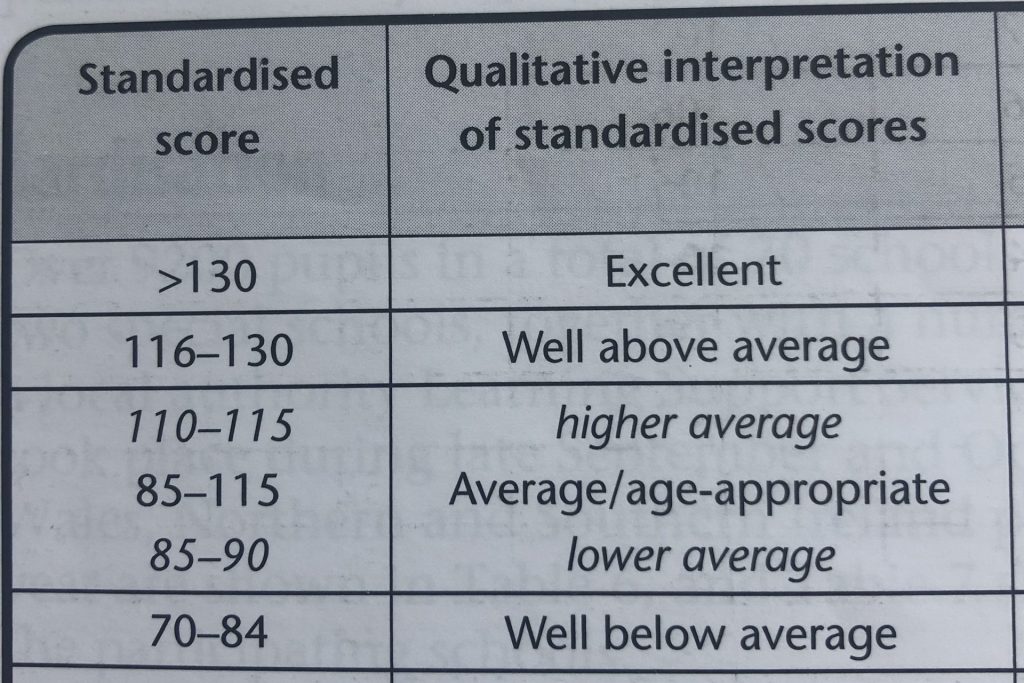Challenges for Welsh Week 2023 – Welsh Week grid (1)
Eistedfod 2023 – Croeso i Eisteddfod Maes y Llan 2023
As parents, we all want the best for our children. To that end, based on national and Maes-y-Llan’s own data, reading at home will continue to be the main homework request from all classes, as reading at home is shown time and time again to have a massive impact on children’s academic progress.
Your child is never too young to start enjoying books.
- Read aloud to your child, talk about the words and pictures, and share ideas, likes and opinions about the book.
- Read yourself: a book, newspaper (even if is just the sport pages), instructions, timetables etc. Children who see adults reading, and enjoying reading, are much more likely to want to read themselves.
- Make sure your child is surrounded by books: You don’t need hundreds of books at home, but make regular trips to the library, charity shops or bookshop, not just to borrow books but to spend time together browsing and learning to make choices. In this way, reading becomes a habit. Most importantly, talk to them about books: your favourite childhood stories or fairy tales, or about what you are reading now.
Learning to read is also about listening and understanding as well as working out what is written on the page. Through hearing stories, children are exposed to a wide range of new words; this helps them build their own vocabulary and in turn, helps build their speaking and listening skills and confidence. It is important for them to understand how stories work too. Even if your child does not understand every word, they will hear new sounds, words and phrases, which they can then try out, copying what they have heard.
Impact of Reading at Home on Maes-y-Llan Children 2018-19, Y1 to Y5
- Nearly 25% of children from Y1 – Y5 read at least 3 or 4 times a week (many children regularly read 5+ times a week) at home
- On average these children scored an average Standardised Score of 120 on a nationally recognised reading assessment
- Nearly 30% of our children read once or twice a week at home
- On average these children scored an average Standardised Score of 105 on a nationally recognised reading assessment
- The remainder of the children at Maes-y-Llan, either never or only very occasionally read at home and have their reading diaries signed.
- Y1 & Y2 children in this category scored an average Standardised Score of 88 on a nationally recognised reading assessment
- With extra interventions, the average Standarised Score for occasional readers from Y1 – Y5 was 100
Children are taught the skills of reading in Maes-y-Llan through learning sounds, graphemes, phonemes, blending and comprehension skills. As with any other the skill, the more you practice, the better you become. By reading at home, your children are having more opportunities to practice the skills taught in school.
There of course will always be exceptions, but as a general rule, the more Maes-y-Llan children read at home, the better they do in school. Please help us help your children by supporting their reading at home and ensuring their reading diaries are signed and brought into school.
Throughout the year, teachers may also set standalone projects or learning log type homework when appropriate, and many classes will have a big focus on children learning their times tables.
Having a secure knowledge of times tables helps children approach maths questions related to repeated addition, counting in groups, multiplication, division, simplifying fractions, area, perimeter, percentages and many other areas with more fluency and confidence.
